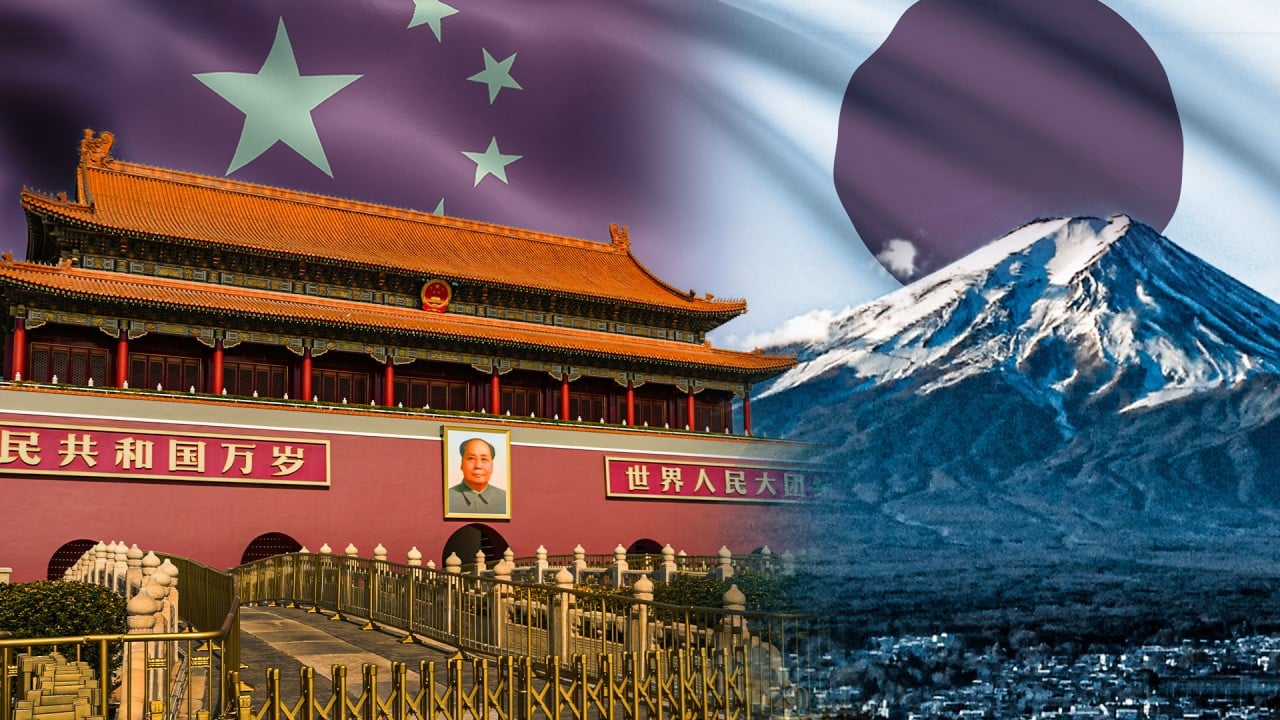Let’s hope Xi resists this urge. It’s not hard to count the ways such a move could backfire on the global economy in the short term and China’s development in the long run. The biggest is triggering the worst currency war in decades, which would slam bond and stock markets everywhere.
A weaker yuan would turn even more of Capitol Hill’s attention Beijing’s way, and in ways that pull Japan into the fray, too.
A pivot towards a weaker yuan might have Trump and Biden vying to go one better on punishing China’s beggar-thy-neighbour gambit. Yet the bigger risk is that it could trigger devaluation moves across Asia and beyond.
Why Japan letting yen weaken risks stirring up global hornet’s best
Why Japan letting yen weaken risks stirring up global hornet’s best
Back then, officials at the US Treasury and International Monetary Fund practically begged China not to devalue, as Indonesia, South Korea and Thailand had done. The fear was that a yuan devaluation would cause a dangerous domino effect. And that the economies that had avoided the worst of the crisis – like Malaysia and the Philippines – would fall next.
That didn’t happen, thankfully. But China’s economy circa 1997 wasn’t facing the daunting challenges it does today.
China’s property stumble echoes Japan’s bad-loan debacle in the 1990s. Just as with Japan, it is generating deflationary pressures that Beijing is struggling to address.
This gets at why a weaker yuan would hurt China’s economic development in the longer term.
If currency devaluation were a ladder to vast riches, Argentina and Turkey would be Group of Seven nations. Despite the yen’s over 14 per cent drop over the past year, Japan’s economy is barely growing. In February, household spending fell for a 12th consecutive month.
Japan’s split-screen economy: roaring stocks and shrinking GDP
Japan’s split-screen economy: roaring stocks and shrinking GDP
Tokyo spent the past 25 years prioritising a weak yen over structural reforms. This took the onus off all the past 12 Japanese governments since 1998 to cut bureaucracy, modernise labour markets, catalyse a start-up boom, increase productivity and empower women. It deadened the urgency for corporate CEOs to restructure, innovate and take risks.
China must go the other way. Here, it’s worth rolling out the cliché that China risks getting old before it gets rich. Wealthy, highly developed Japan chose homeostasis over disruption. China’s unbalanced economy doesn’t have the luxury of relying on massive corporate welfare – which is what an artificially undervalued currency is – for growth. It’s a recipe for mediocrity, less productive industries and more boom/bust cycles.
With any luck, Xi’s inner circle is studying these lessons very closely and planning to hold the line on exchange rates. Japan isn’t making it easy though, as the yen ticks lower.
Kishida’s team would be wise to guide the yen higher, even just modestly. It would calm nerves in Beijing and head off the risk of a currency war that would upend an already fragile global economy. And it would perhaps finally close the books on the 1990s, a time few in Asia want to revisit.
William Pesek is a Tokyo-based journalist and author of “Japanization: What the World Can Learn from Japan’s Lost Decades”


















